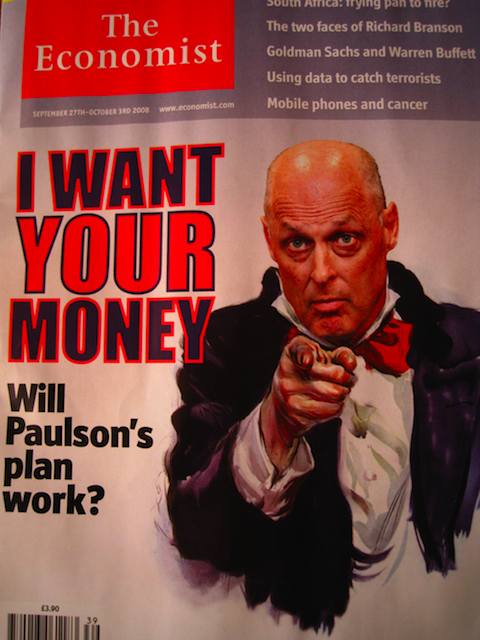One of the distinguishing marks of a great magazine is that it constantly surprises one. The obituaries in the Economist are like that. Last week it ran a fascinating obit of Martin Tytell, a New Yorker who became the world expert on typewriters.
Mr Tytell could customise typewriters in all kinds of ways. He re-engineered them for the war-disabled and for railway stations, taking ten cents in the slot. With a nifty solder-gun and his small engraving lathe he could make an American typewriter speak 145 different tongues, from Russian to Homeric Greek. An idle gear, picked up for 45 cents on Canal Street, allowed him to make reverse carriages for right-to-left Arabic and Hebrew. He managed hieroglyphs, musical notation and the first cursive font, for Mamie Eisenhower, who had tired of writing out White House invitations.
When his shop closed in 2001, after 65 years of business, it held a stock of 2m pieces of type. Tilde “n”s alone took up a whole shelf. The writer Ian Frazier, visiting once to have his Olympia cured of a flagging “e”, was taken into a dark nest of metal cabinets by torchlight. There he was proudly shown a drawer of umlauts.
It’s been a staple assumption of detective fiction since time immemorial that every typewriter had a unique ‘fingerprint’, and Tytell made a good living as a forensic consultant for the FBI. But he also refuted the theory by building an exact replica of Alger Hiss’s typewriter for the spy’s defence team. Not that it did Hiss any good.


